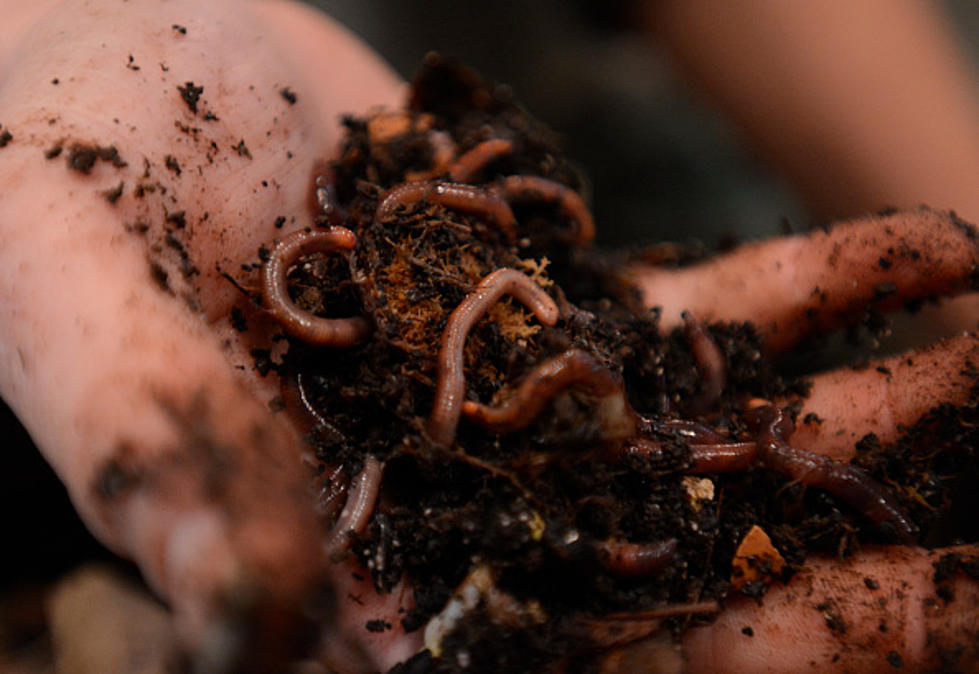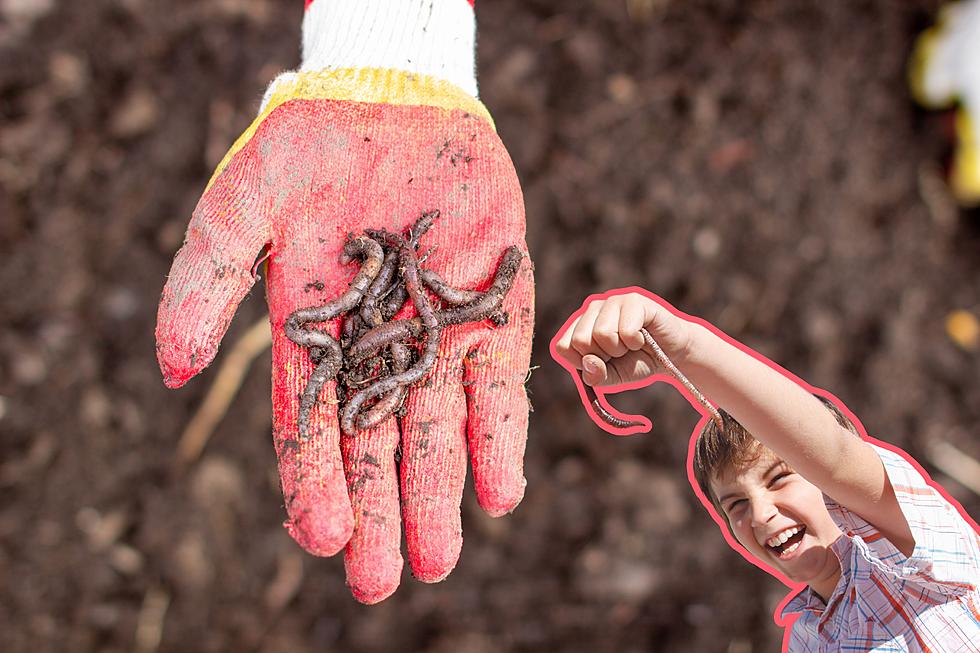
Invasive Jumping Worms Found In Winnebago, 37 Other Counties
The "jumping worm," aka the "crazy worm," aka the "snake worm" has spread to almost half of Illinois counties, including Winnebago, Dekalb, Jo Daviess, and Stephenson.
It's also all over the Midwest, having been found in 15 different states. And, it's a big problem.
The Jumping Worm Leaps From The Topsoil To Rip Out Your Throat
No, it doesn't do that at all. I was just making sure that you were paying attention. Sorry. The jumping/crazy/snake worm isn't an ambush predator, doesn't have teeth and/or fangs, and doesn't have any claws, either. If you fell into a vat of them, you might be grossed-out to death, but very little else would happen to you.
No, what jumping/crazy/snake worms do is absolutely devastate soil, which can and will pose a huge problem for farms, gardens, forests, and every other sort of ecosystem dependent on the earth itself for sustenance.
These Worms Basically Turn The Topsoil Into Dried Out Coffee Grounds
According to SmithsonianMag.com:
After jumping worms feed their insatiable appetites, they leave behind loose, granular soil the texture of coffee grounds. This altered soil can no longer retain moisture, lacks nutrients and quickly erodes.
The University Of Illinois Extension Has A Warning For Perennial Plant Lovers
Maybe you're a hardcore gardener with a wide variety of plants, vegetables, flowers, and more. You'll want to be careful about dividing up and moving perennials because you can make the jumping/crazy/snake worm problem worse.
Much to the dismay of generous gardeners as well as organizations selling shared perennials, spread of this invasive species can also happen quickly through dividing and moving perennial plant species. Spring is often the time of plant sales and sharing perennials, this practice can be harmful to private yards and gardens, as well as forested land.
Click here to learn more about these invasive pests from the University Of Illinois Extension.
LOOK: Here are the pets banned in each state
Wisconsin Home Named Among Best Airbnbs to See Fall Foliage in America
More From Rockford's New Country Q98.5









